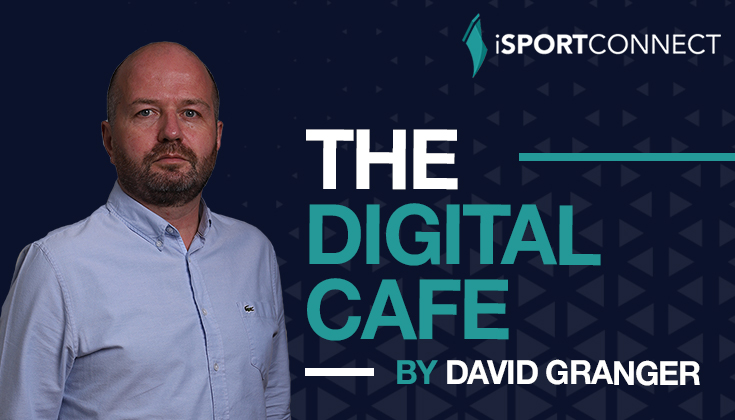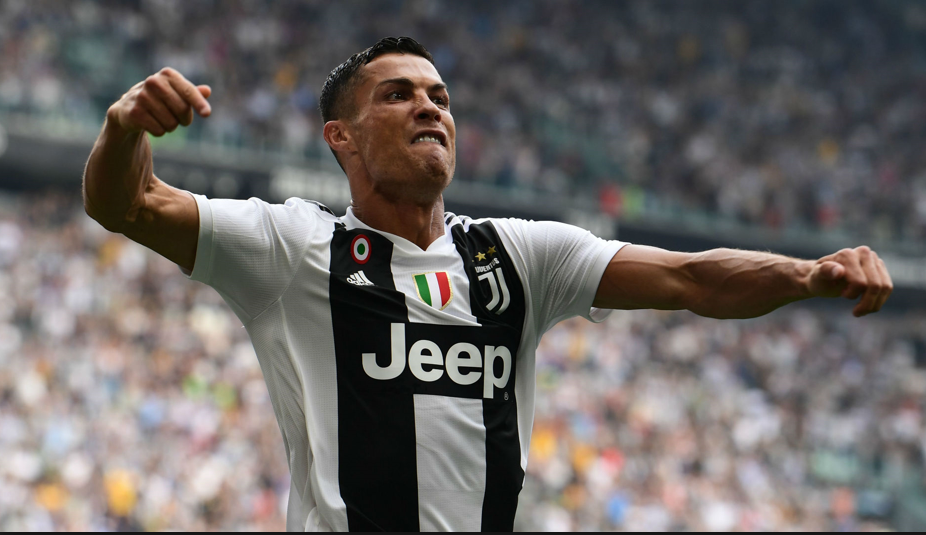Time To Ditch The Press Conference Pantomime And Let Digital Do The Work
June 29, 2021
In this Digital Cafe, David Granger considers whether digital media means the press conference and post-match interview is no longer relevant. Or of any use. If you asked Ronaldo, Osaka and Bale, I think we’d know their answer.
When was the last great insightful interview or press conference you heard? One which gave greater context or meaning to the performance, an idea of how and why an athlete or team was successful?
Nope, me neither.
The trouble with both sides finessing the post-game interview so much, is that they have become as insightful and interesting as soap. The players have been media trained to ensure they give the right answers without giving away any team tactics or sensitive information (political or sporting) and much of the press have been carefully groomed by comms managers to ensure they’re onside before the press conference even kicks off.
Gone are the days of Kevin Keegan ranting at a journalist or when Sir Alex Ferguson of Manchester United made more column inches during the time he refused to speak to the BBC.
Where you will find insight is on their social channels… so perhaps it’s time to ditch the media conferences and pitch-side grilling and leave it to the players and the clubs to give their reaction on their own channels and let the media do with them as they will.
Exhibit One? Cristiano Ronaldo
The Portuguese striker moving Coke bottles across a desk was the most memorable part of his conference at the Euro 2020 contest.
And if this is the most memorable part… A) it doesn’t say much for the rest of the conversation and B) his apparent reluctance to comply actually helped Coca-Cola.
“If the federations are compelling athletes to simply going through the motions, then what are the audience, the fans getting out of all this?”
Despite the popular mythology which sprang up, their shares did not drop immediately afterwards (the price drop was due to other factors and happened before the presser) and Coke did what any innovative brand would do in the aftermath of less-than-stellar PR: they turned it to their advantage. With user-generated content and a load of memes, more people were talking about the product and interacting with it than had Ronaldo simply ignored the placement while he deflected questions from the pack.
What the media did bang on about after the Ronaldo interview was his social reach (half a billion followers, roughly speaking), giving publicity to his own media power and ably showing how traditional earned channels are losing the battle against social.
Exhibit Two? Naomi Osaka
The treatment of the second best tennis player on the planet was an interesting exercise in how not to handle a story or a situation. When Osaka decided, for her own health reasons, not to take part in media rounds, she felt forced to pull out of the contest. Organisers took a sledgehammer to smash a tennis ace and robbed an athlete of a tournament, the fans of watching her play and where did she announce her withdrawal? On social of course. To her one million and 82 thousand followers.
The French Open organisers should have perhaps reconsidered how we got to this state and, importantly, just exactly what is the value of compulsory press conferences? Do they give any more context to Osaka’s game?
Exhibit Three? Gareth Bale
The Welsh soccer team captain upped and left a post-Euros interview when the question of his international future was raised (again).
Current Welsh manager Robert Page, called the question “insensitive” and stood by his captain’s decision to cut the interview short. Page said: “Why would he want to answer a question about his future? What is the point of asking that when he’s just come off the pitch after a defeat? Emotions are raw, so he’s done the right thing by walking away.”
(And, let’s face it, those post-match, pitch-side/track-side interviews broadcast to stadium and the world are the zenith of the pointless press interview. After 90 minutes, the last thing an athlete should be doing is explaining what went right/wrong in their best media-trainese.)
When no-one had the means to publish information other than the traditional media, then clearly there is a role. However, with digital publishing and social media outstripping its reach – and certainly its engagement – sport and sports journalism should ask itself if it’s not time to work out what’s working and what needs to change. If the answers are not interesting, if the questions are not insightful, if the federations are compelling athletes to simply going through the motions, then what are the audience, the fans getting out of all this?
Like 24 hour rolling news, quantity of sports coverage has resulted in some areas to a drop in quality, more content landfill, less insight.
It’s an old construct which no longer has value – teams and athletes now have the means of production and the means of distribution though digital and social. It’s time to ditch the post-match press conference pantomime.


